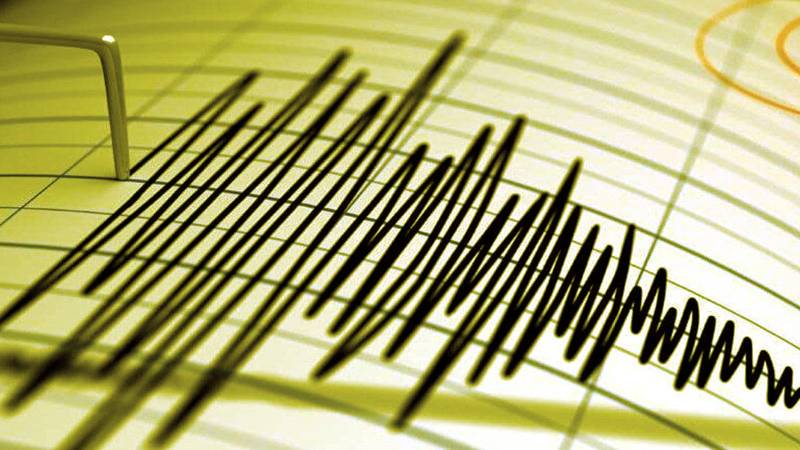
A 4.7-magnitude earthquake jolted areas in Islamabad, Rawalpindi, and Khyber Pakhtunkhwa, according to the federal capital's National Seismic Monitoring Centre.
The earthquake's shocks were felt throughout the twin cities and the country's northeastern province.
Tremors were felt in Peshawar, Swat, Parachinar, Malakand, Lower Dir, Hangu, Charsadda, and Swabi. Tremors were also reported in the North and South Waziristan areas.
According to the National Seismic Monitoring Centre, the epicenter of the earthquake occurred in Afghanistan's southern area.
The earthquake had a depth of 98 kilometers, it added.
Earlier this month, a 3.2-magnitude earthquake shook areas of Karachi, including the Clifton neighborhood.
According to the seismic monitoring center, the epicenter of the quake was 15 kilometers northeast of Karachi and 22 kilometers deep.
However, there were no reports of casualties or property damage from the earthquake.
Natural catastrophes such as earthquakes are not uncommon in Pakistan, which is located on the border of the Indian and Eurasian tectonic plates.
Large regions of South Asia are seismically active as the Indian plate pushes north onto the Eurasian plate.
Recent earthquakes have highlighted the necessity of catastrophe preparation and mitigation methods.

